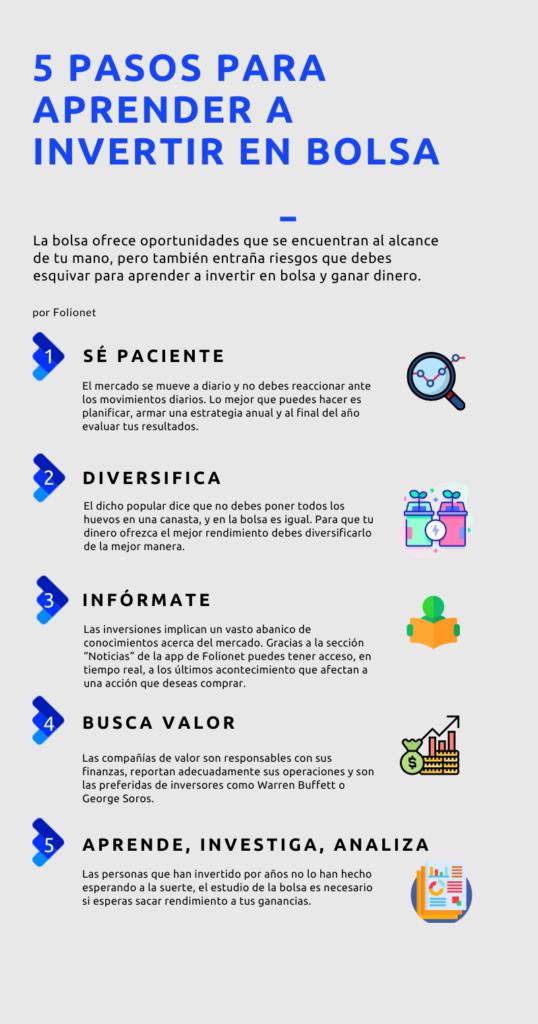Glovo, Mallorca and Dani García trust in robots for food distribution
Goggo Network, Martin Varsavsky's autonomous mobility startup, already has partners to take its first steps as an operator of driverless vehicles. It will be the popular restaurant chain Mallorca, the well-known Spanish chef Dani García and Glovo, the Spanish food delivery company, who will first put the driverless food truck and the company's autonomous delivery robot to the test in their businesses .
These projects are part of the first pilots of the Villaverde mobility sandbox, promoted by Madrid Futuro and the City Council of the Spanish capital, a safe environment in which technological innovations can be tested in controlled environments but with a real population, before being commercialized. .
The Goggo Cart service will be tested in two areas of Madrid: the Four Towers to the north of the Castellana de Madrid, where the food truck will offer a culinary offer (breakfast and lunch) from Mallorca and La Gran Familia Mediterránea, the delivery of Dani García , and in Las Rozas, where the offer will be served by two local restaurants (Sarao de Lara and Cafetería Castilla) and Carrefour, for a sushi offer.
The small vehicle travels at about 10 kilometers/hour and allows the consumer to know its location and to know the products available in real time from an application. Once in the food truck, the consumer will be able to select the food, pay for it and pick up their order without any human intervention. The app also allows the consumer to book an order in advance. Yasmine Fage, co-founder of Goggo Network, clarifies that the objective of this service “is not to replace restaurants with autonomous food trucks. On the contrary, it allows these businesses to expand their area of influence, reaching new areas and testing new products”.
At first, there will be an autonomous food truck serving both areas, but the goal is that soon there will be one in each of them. Varsavsky's startup has rented a parking lot in the Four Towers area so that the vehicle can recharge its battery and replace the food. The restaurant truck has a range of 100 kilometers and the capacity to store up to 100 objects (about 400 liters in volume) and keep food hot and cold.
The pilot starts this Tuesday in Las Rozas and plans to start in January at Cuatro Torres (after receiving the appropriate permits), and is expected to last for three months. If the demand goes well, it is possible that the project will be scaled to other areas of Madrid. Fage points out that her company is already negotiating with other partners to launch projects with its food truck in France, Switzerland and other Spanish cities.
The second project, that of the autonomous electric robot to deliver food at home, will be used by Glovo in the Salamanca district of the capital also from January, once the authorizations are in the hands of both companies. The delivery company, co-founded by Óscar Pierre and Sacha Michaud, will initially have three of these electric robots that will circulate along the sidewalks at the speed of a pedestrian (the maximum they can reach is 8 km/hour).

It was a pleasure hosting FREE BOOKS. They are very lovely guests. We would welcome them back anytime! PUBLIC SPEAK… https://t.co/rKB4sM02qW
— Trystan Larasony Sun Mar 21 14:52:10 +0000 2021
The project is launched together with the autonomous robotic delivery company Delivers.AI, which has already automated thousands of orders in Europe with its technology. It is the first pilot of autonomous technology in Spain, as explained by Goggo.
Once Glovo receives an order, the robot will go autonomously to a supermarket designated by the company where the order will be placed. From there, the robot will make its way to the customer's building, which will be able to check its position at any time, and once it arrives, it will notify the customer to pick up the order.
"Demand for automated last-mile deliveries is growing across Europe, and both online ordering platforms and cities have taken an interest in them," explains Ali Kutay Yarali, Founder and CEO of Delivers.AI. According to the manager, this service "has enormous potential because it improves people's lives while helping platforms to optimize their last-mile logistics and reduce delivery costs."
The Goggo robots that Glovo will use will be accompanied by one person for at least the first month of the pilot to talk to customers and collect their impressions of the service. Fage explains the advantages that, in his opinion, a delivery robot offers compared to a human courier: “The robot offers speed, efficiency and flexibility. You can serve an order at any time and at any time and with them fewer errors are produced, improving the final service”.
Tests with the relevant permissions
Regulation. Glovo and Goggo Network need to obtain permits to operate the robot and the food truck through the streets of Madrid. Varsavsky's startup already has it for Las Rozas and its Goggo Cart service. They lack the authorization for the autonomous vehicle to operate in the Four Towers and the robot in the Salamanca district. Both partners hope to have the permit in their hands by next January. Yasmine Fage recognizes that the use of these vehicles must be regulated, just like scooters for public safety. At the moment, Mutua Madrileña is the insurer of the first autonomous vehicles in the Madrid mobility sandbox.
Commercialization. The Varsavsky startup hopes to commercially launch both its Goggo Cart service, which will be, as it explains, the first autonomous food truck to operate on public roads in Europe, and its delivery robot by the third quarter of 2022. The company will base its business in a model of fixed commission and variable payment.
Logistics drone. Madrid Futuro also presented two other mobility sandbox pilots yesterday: an autonomous car from Nebrija University and FEM Expert, and a logistics drone from Globalvia and eHang. As they explained, the use cases are multiple, from the connection with disconnected areas or with difficult access to the urgent transport of organs or medical equipment.


